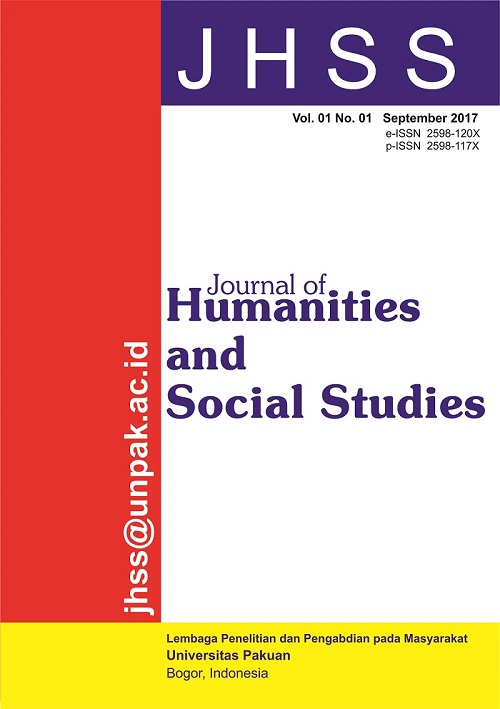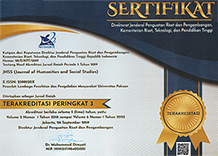User
Information
Keywords
communication
customer satisfaction
digital marketing
employee performance
environment
financial literacy
implementation
job satisfaction
liquidity
management
organizational commitment
organizational culture
performance
price
price perception
profitability
purchase decision
service quality
social media
strategy
transformational leadership
ISSN :
e-ISSN : 2598-120X p-ISSN : 2598-117X

Journal of Humanities and Social Studies is licensed under a Creative Commons Attribution-NonCommercial 4.0 International License.





























